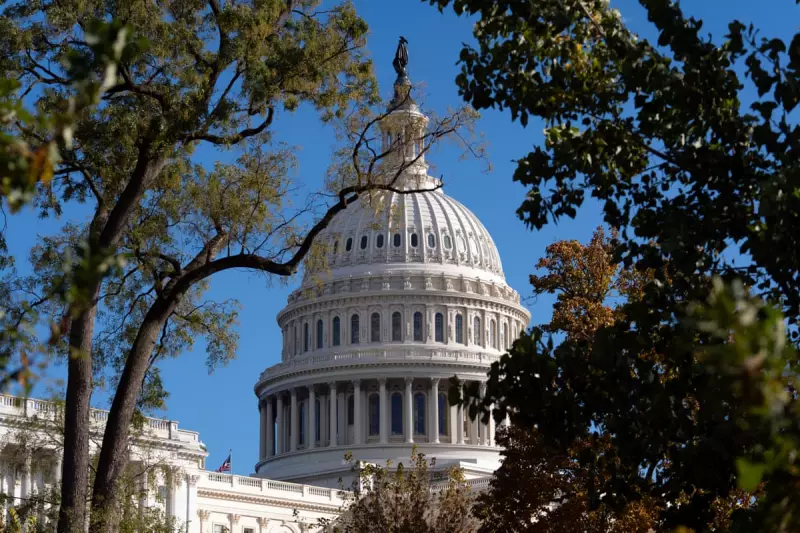
The Political Powder Keg: Trump's Filibuster Gambit
In a dramatic escalation of political warfare, former President Donald Trump has deployed a rarely-used procedural weapon that could bring the United States government to its knees. The filibuster, typically associated with legislative gridlock, has become Trump's latest instrument in a high-stakes game of budgetary chicken.
What Exactly Is Happening?
The crisis centres around Trump's encouragement of Republican senators to employ continuous talking tactics to block essential government funding bills. This isn't just political theatre—it's a calculated move that could see federal agencies shuttered and hundreds of thousands of workers sent home without pay.
The timing couldn't be more critical, with funding deadlines looming and political tensions at boiling point. Trump's supporters in the Senate appear willing to push the nation to the brink, using parliamentary procedure as their weapon of choice.
How Filibusters Actually Work
Contrary to popular belief, the modern filibuster doesn't require all-night speeches and cots in the Senate chambers. Today's version is more subtle but equally potent:
- Senators can effectively block legislation by refusing to end debate
- This creates a 60-vote threshold to advance most bills
- For spending bills, the tactic can be particularly devastating
- The minority party can grind government business to a halt
The Stakes Have Never Been Higher
What makes this situation particularly dangerous is the convergence of multiple factors:
- Political polarisation has reached fever pitch
- Trump maintains unprecedented influence over Republican lawmakers
- Essential government services hang in the balance
- The economic consequences could be severe and immediate
A Nation on Edge
As the deadline approaches, federal agencies are preparing contingency plans. National parks could close, passport processing might halt, and military personnel could face working without pay. The ripple effects would touch every corner of American life.
This isn't just another political squabble—it represents a fundamental test of America's governance structures. The question isn't just whether the government will stay open, but whether the political system can withstand this level of procedural warfare.
What Comes Next?
The situation remains fluid, with negotiations continuing behind closed doors. Both sides are digging in, aware that the outcome could set precedents for years to come. One thing is certain: the world is watching as American democracy faces one of its most severe procedural challenges in modern history.
The coming days will reveal whether cooler heads prevail or whether Trump's filibuster strategy succeeds in creating the very government chaos his supporters seem willing to embrace.





